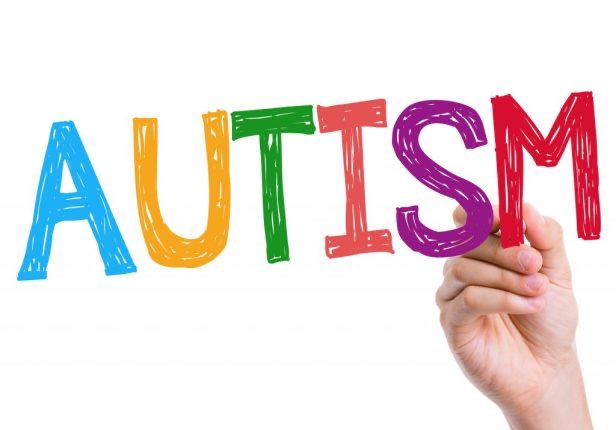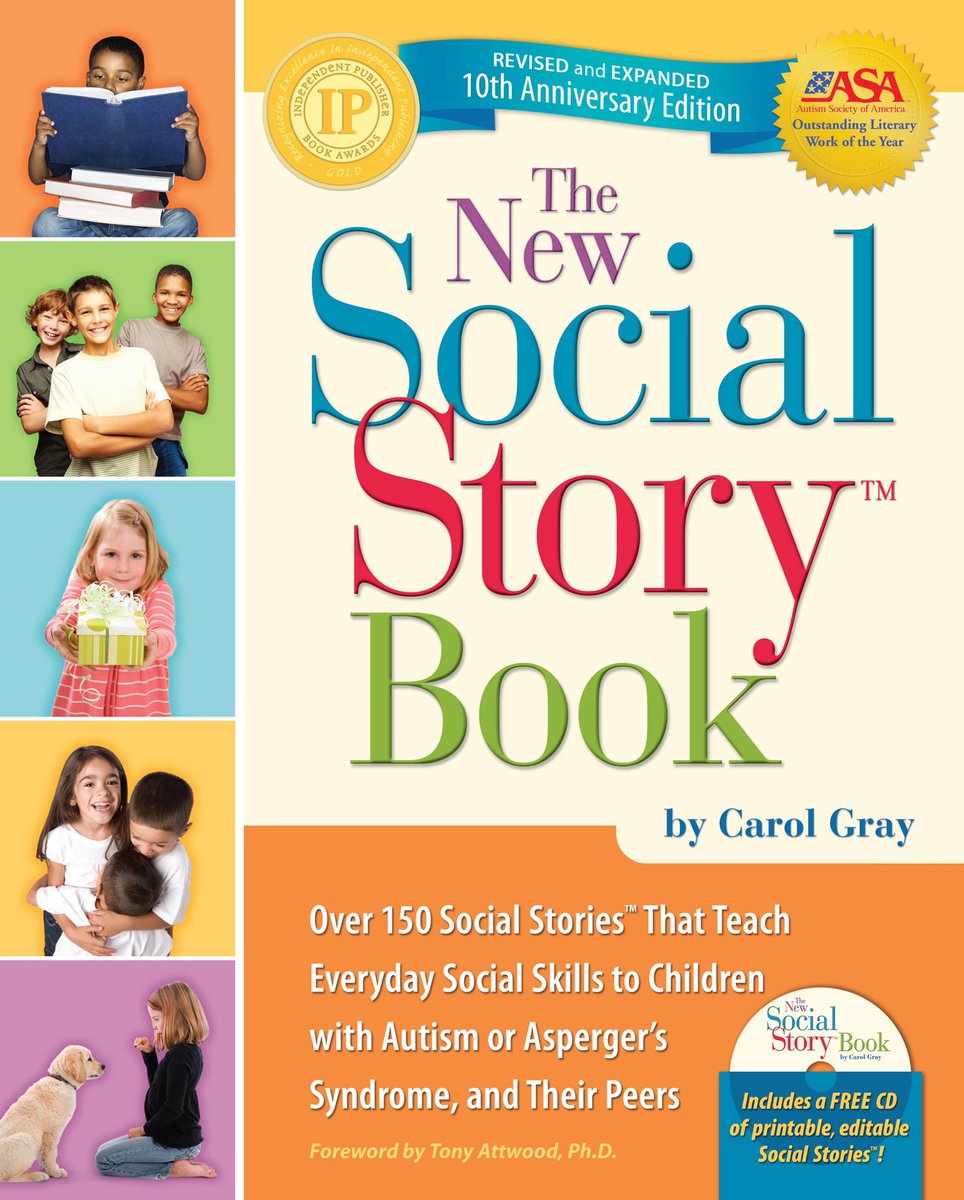Thread: Autism & social communication.
Some points & strategies to bear in mind when working with Autistic children/young people. Regardless of their support needs.
Some points & strategies to bear in mind when working with Autistic children/young people. Regardless of their support needs.
Autism is a disability under the Equalities Act 2010.
That means Autistic people have the RIGHT to reasonable adjustments.
This includes adjusting how you communicate &/or how you treat the way that they communicate. https://www.gov.uk/definition-of-disability-under-equality-act-2010">https://www.gov.uk/definitio...
That means Autistic people have the RIGHT to reasonable adjustments.
This includes adjusting how you communicate &/or how you treat the way that they communicate. https://www.gov.uk/definition-of-disability-under-equality-act-2010">https://www.gov.uk/definitio...
1.1. Around 1/3 of Autistic people also have a learning disability but Autism itself is not an intellectual disability.
Do not speak to Autistic people using a baby voice or infantilise them.
Sadly this is surprisingly common, even when communicating with Autistic adults.
Do not speak to Autistic people using a baby voice or infantilise them.
Sadly this is surprisingly common, even when communicating with Autistic adults.
1.2 Non verbal Autistic people can still hear (unless they are deaf or hearing impaired too). So they will hear EVERYTHING you say in front of them, especially if it is about them.
Being non verbal does not mean they don’t understand. So treat them with respect.
Being non verbal does not mean they don’t understand. So treat them with respect.
2.1 Social cues
Autistic people may miss social cues. The social world is full of unwritten & unspoken behaviours that most people pick up & learn over time.
If you expect an Autistic person to do something, tell them explicitly.
Autistic people may miss social cues. The social world is full of unwritten & unspoken behaviours that most people pick up & learn over time.
If you expect an Autistic person to do something, tell them explicitly.
2.2 Many Autistic people can pick up on some social cues through years of practise.
So people often forget they may need support in this area & can chastise them or shame them for it.
This can be very distressing.
So people often forget they may need support in this area & can chastise them or shame them for it.
This can be very distressing.
3.1 Social stories are a good method of communicating social norms that other children may pick up by observation or experience.
Social stories should be age appropriate, written in 1st person & you can use pictures or visual symbols in them too.
Social stories should be age appropriate, written in 1st person & you can use pictures or visual symbols in them too.
3.2 Unfortunately, a lot of templates for social stories that you will find online seem to be written to control an “undesirable” behaviour.
Many use inappropriate emotional control language too e.g. “If you do X then you will make people happy.”
Many use inappropriate emotional control language too e.g. “If you do X then you will make people happy.”
3.3 Ask your school Speech & Language Therapist for help or training in how to write Social Stories properly and beware of using online templates.
You can also read the books written by the creator to get some ideas about the purpose and format.
You can also read the books written by the creator to get some ideas about the purpose and format.
4.1 Autistic peope often fall victim to the “tone police.”
Tone policing refers to when a person makes a point, verbally or in writing, & instead of addressing the points they make, the way they said it or tone they use is criticised and used to delegitimise what they say.
Tone policing refers to when a person makes a point, verbally or in writing, & instead of addressing the points they make, the way they said it or tone they use is criticised and used to delegitimise what they say.
4.2 This is quite common in schools where Autistic children are chastised for their “cheeky tone.”
That is not ok.
Listen to the content of what the child says & the points they are making & do not focus on their tone.
That is not ok.
Listen to the content of what the child says & the points they are making & do not focus on their tone.
5.1 Social speculation
Many Autistic people struggle with social speculation i.e. they struggle to guess if other peoples’ actions have a hidden agenda or a hidden motive.
Hidden agendas are quite abstract. The possibilities are endless & difficult to imagine.
Many Autistic people struggle with social speculation i.e. they struggle to guess if other peoples’ actions have a hidden agenda or a hidden motive.
Hidden agendas are quite abstract. The possibilities are endless & difficult to imagine.
5.2 This can make social relationships where others want to gossip or speculate quite challenging.
It is also frustrating to be asked to speculate in this way when you cannot imagine what a person’s hidden motive can be.
It is also frustrating to be asked to speculate in this way when you cannot imagine what a person’s hidden motive can be.
5.3 This can be source of a lot of upset at school, particularly amongst girls
If you are facilitating a restorative conversation arising from gossip. Remember that the frustration comes from being unable to imagine these abstract thoughts & feeling anxious about it.
If you are facilitating a restorative conversation arising from gossip. Remember that the frustration comes from being unable to imagine these abstract thoughts & feeling anxious about it.
6.1 It can also be difficult for many Autistic people to imagine or predict what will happen next, which is why structure & routine are usually favoured.
This is also the case when you tell an Autistic person that you want to speak to them later.
This is also the case when you tell an Autistic person that you want to speak to them later.
6.2. In school, if you want to speak to an Autistic child later, it is better to give them an idea of what the topic will be about.
If they do not know, they could become anxious about getting into trouble because they cannot imagine what will happen next.
If they do not know, they could become anxious about getting into trouble because they cannot imagine what will happen next.
6.3 This might affect their concentration in class, their ability to learn & complete work and could cause them to catastrophise through anxiety.
It is best to say, “I want to talk to you later about...”
This will enable them to feel calmer in between.
It is best to say, “I want to talk to you later about...”
This will enable them to feel calmer in between.
All Autistic people are different and communicate in different ways.
Many are verbal & communicate with speech.
Non verbal Autistics may use PECS, signing or other communication systems.
But, we ALL communicate.
Many are verbal & communicate with speech.
Non verbal Autistics may use PECS, signing or other communication systems.
But, we ALL communicate.
Those of us who are verbal may appear to have less support needs than others, but that is not necessarily true.
The appearance of our language capability may mask our understanding of what others are saying.
So make instructions explicit & check for understanding.
The appearance of our language capability may mask our understanding of what others are saying.
So make instructions explicit & check for understanding.
Focus on the content of what is said & have patience & understanding.
Social communication is often a source of great distress, particularly when Autistics are “masking” - trying very hard to fit in with everyone & copy the behaviour of others around them.
Social communication is often a source of great distress, particularly when Autistics are “masking” - trying very hard to fit in with everyone & copy the behaviour of others around them.
This is a snapshot of some of the social communication issues you may experience when working with Autistic learners in school (or if you work with Autistic adults).
There are many more communication issues not listed.
Please add your own to the thread & any useful strategies
There are many more communication issues not listed.
Please add your own to the thread & any useful strategies

 Read on Twitter
Read on Twitter




